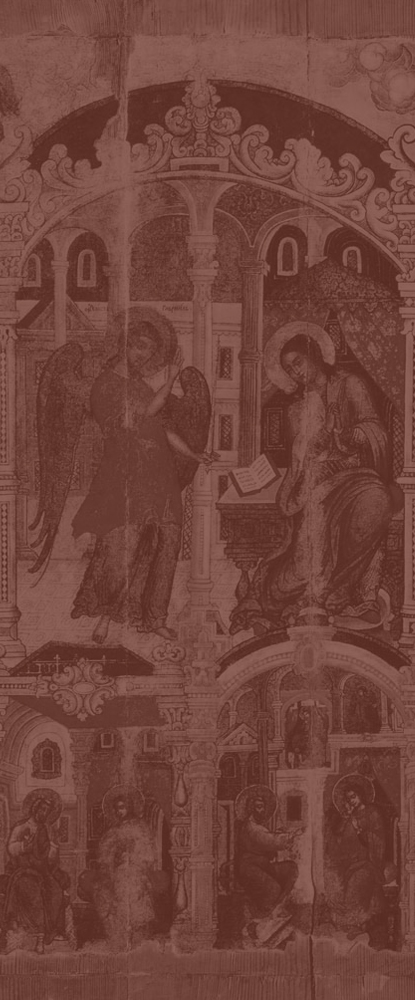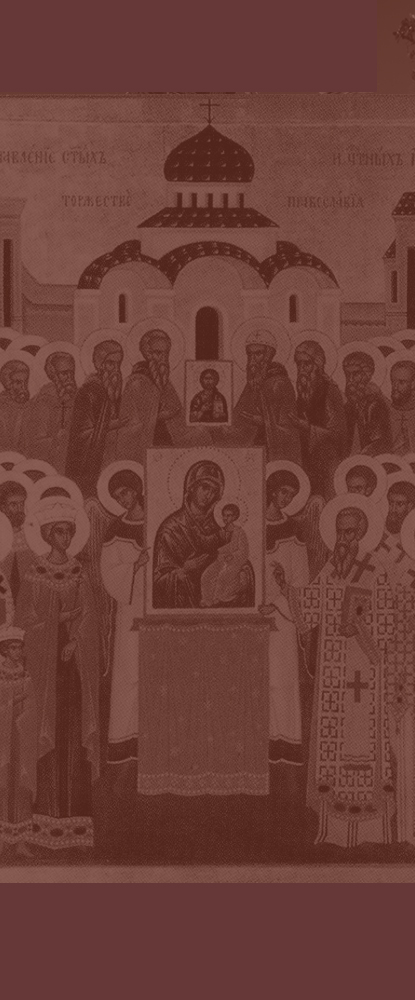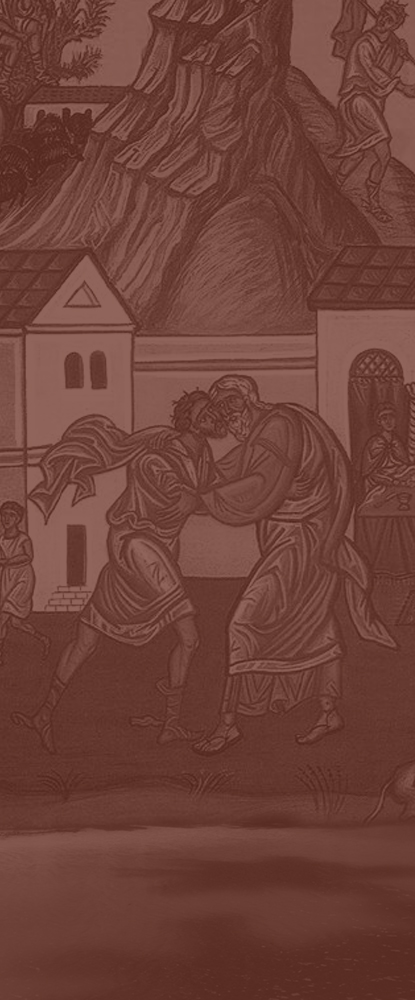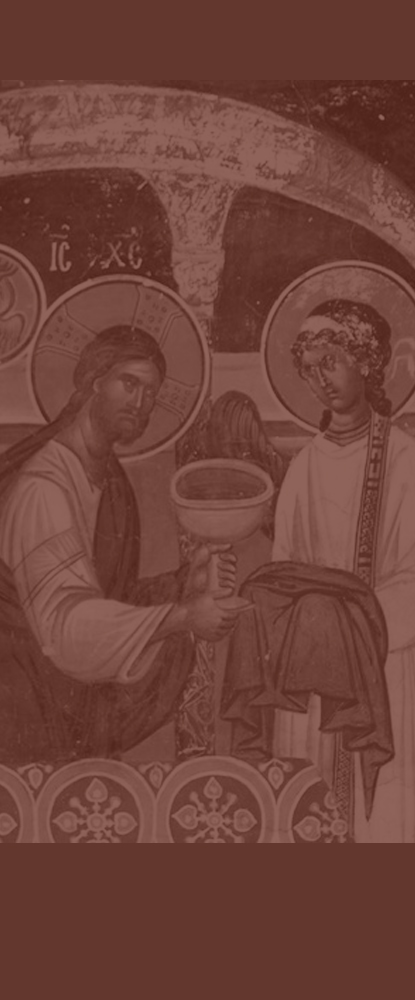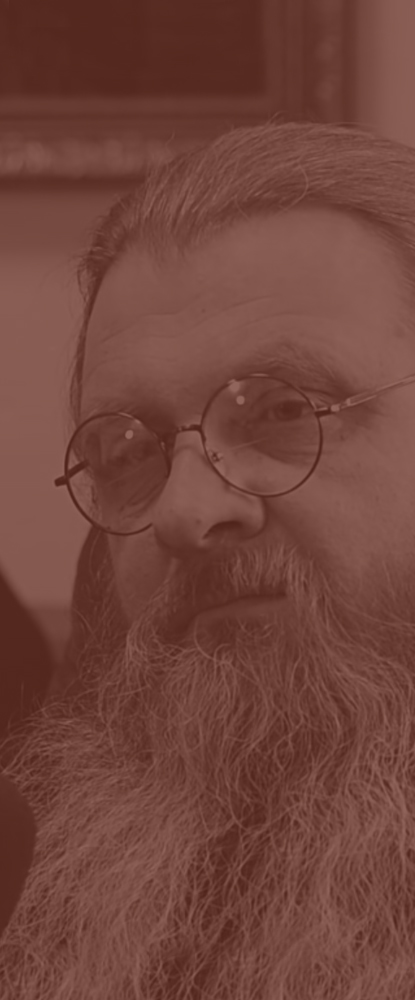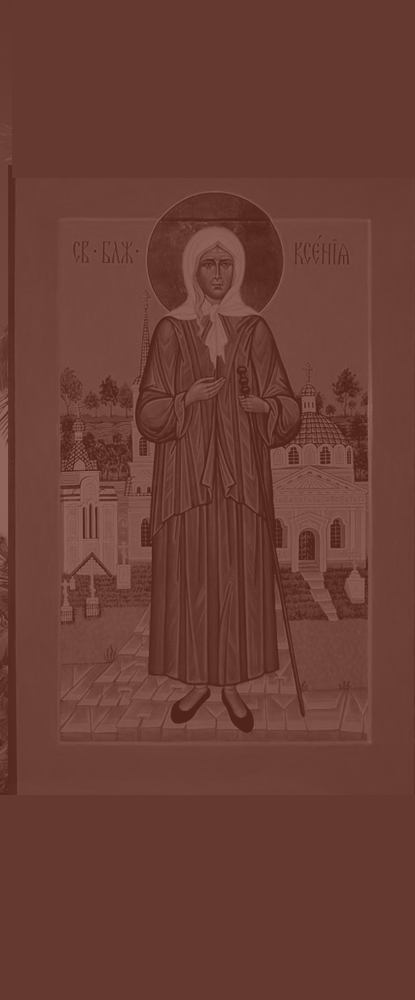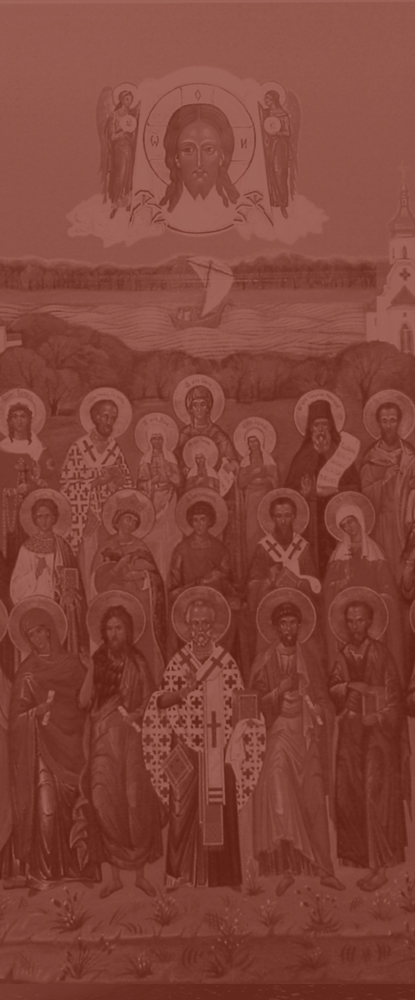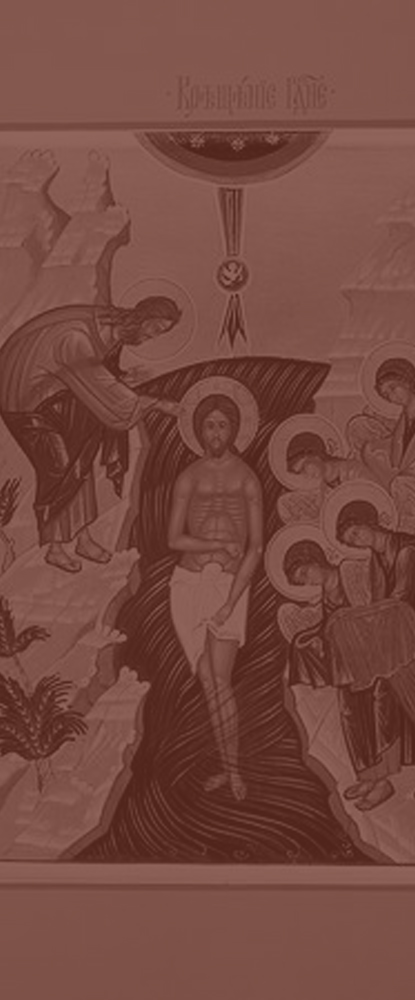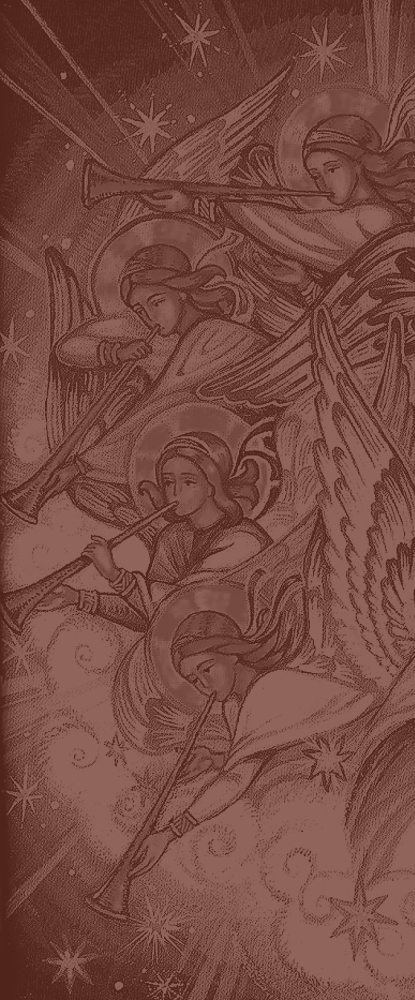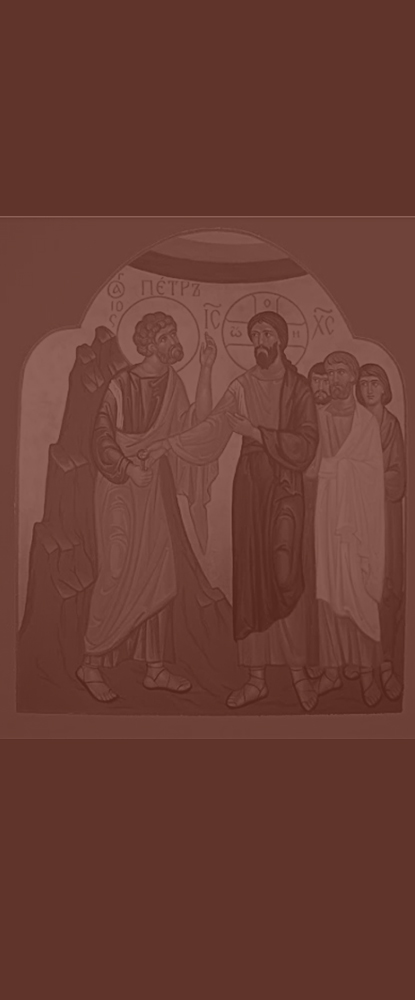A SERMON FOR PASCHA
Archpriest Sergiy Baranov
Church of the Iveron Icon, Iveron Monastery of Orsk
05.05.2024
Christ is Risen!
A week before this glorious and great Day, there was Lazarus Saturday and the Lord told His disciples, “Our friend Lazarus died.”1 It has always been that this theme of death has always produced shiver, protest, and great disgust among people. However, all of a sudden, one of Christ’s disciples, who anticipated somewhere deep inside of his intuition the change of the flow of all being, said a very strange phrase, “Let us also go, that we may die with Lazarus.”2
Despite everything that humankind felt towards death, all its disgust, fear, and protest, this disciple suddenly said this. I suppose, he did not realize deeply what he was saying, but he suddenly said, “Let us go and die.” It was a week before the Glorious Resurrection of Christ, and the disciples, through the Holy Spirit, had this presentiment of the change of attitude towards death. Before, the point of death was so fatal, so dark, there was a black hole behind it. Suddenly, the Resurrection of Christ changes everything. There, beyond this point of death, appears light. And one can see the point and hope there. At that moment, all Christians felt that this paralysis, this fear of death changed dramatically into something different. The first Christians, who lived in the first century and who saw Christ and heard Christ, (perhaps, some did not see but heard about him from His close disciples) all at once change their attitude to death and go to amphitheaters themselves and take their children with them. “Where are you hurrying?” “I hear they are torturing Christians there.” “You should not go there, you should go the opposite way. You will only find death, and fear, and horror, and filth of death there.” But she goes that way… “Where are you going?” Her attitude to death changed, and she takes her little child, a little Christian, with her.
How a person’s mind should turn upside down to make the most horrible theme change dramatically. The theme of death ceased to be frightening, horrible and paralyzing to goosebumps and chills all over the skin for Christians. This theme suddenly became full of meaning and the point of death moved forward. It turned out, the whole meaning dwells beyond this point. It appears that our short life before this point will pass in a dash and we will not even mention it. There are people in their venerable age standing at the church now. They can tell us, “It seems to me, I haven’t lived yet. Only yesterday was I a little girl, and then, a young lady, and a woman, and now I am an old crone, and I cannot do anything about this.”
If Christ did not break this meaning, did not change this point of death – the closer death is, the deeper is the desperation, the more chilling fear you have, Christians would have never opened out their shoulders, stood up straight and looked bravely into the face of death.
“O Death, where is your sting? O Hades, where is your victory?”3 We heard the words of St. John Chrysostom tonight. The Resurrection of Christ defeated everything. It changed things drastically. Christians ceased to fear death and it became a part of the meaning of our lives.
Light and hope appeared behind the point of death and the Kingdom of Heaven that is there. We should live our short life without wasting it. We should not burn, run or lose. We should live it the way that will allow us to pass into eternal never-ending joy. If we inherit it like Christians, if we cease to fear death, as Christ defeated this fear in us, we will even desire death at the end of our life to meet Christ sooner.
When the great St. Gregory Palamas was dying, he faced his death bravely and calmly and his last words were, “Above, above, to Christ.” If our going to church will not change us in this meaning, then we have lost our time, we have gone to church in vain, because nothing changed in us. Let us look up to Christ, Who passed it, giving us His example. When a child is afraid, his father goes and gives him his example. He says, “Follow me, do not be afraid. Look, son, I am going first.” This is how Christ did. He passed the gates of death first and death did not hamper Him. He passed it without stopping at this point. And suddenly, one Christian, and then one more, and more followed Him. Then, the Apostles, who feared a lot, feared that much that even betrayed their beloved Teacher, something changed in them. One decided and passed this point, and death did not hamper him, and then there were more of them. Hundreds of thousands of the first Christian martyrs passed through this point and did not stop there. They went further, into the Light.
Today we celebrate the great triumph of life over death. Life defeated death. Life is Christ and there is no other meaning in it. Life is Christ. Christ is the meaning. Christ is power. Christ is victory. While everyone of us can take part in it, having taken hold of Christ with both hands. Only with Him we will pass through it and win.
Glory to our God, always, now and ever, and unto the ages of ages! Amen!
________________________________________________________________
1 Jn. 11:14, 11:11 (“Our friend Lazarus sleeps.”)
2 Jn. 11:16
3 1 Cor. 15:55


